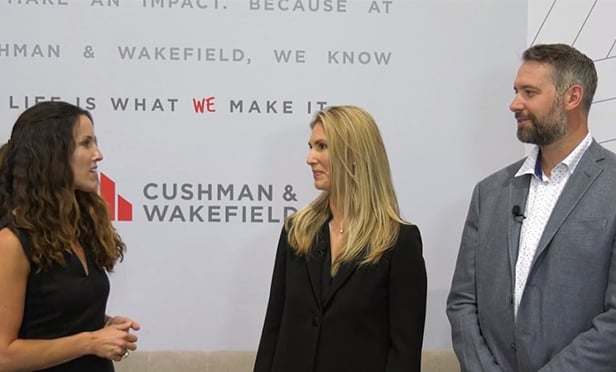NEW YORK CITY—For the June 2015 Full Nelson, I had the pleasure of sitting down with Mike Slattery, the SVP of REBNY, to discuss the 421a program.
James Nelson: What is the 421a Program and why is it needed?
Mike Slattery: The 421a Program is a tax exemption program to encourage the development of new housing in New York City. It is especially needed today, because we have a significant housing issue in terms of both affordability and supply. The program is there to help address these issues.
Nelson: The 20 percent affordable requirement is now included in the DeBlasio proposal. Could this possibly change?
Slattery: The current proposal provides a tax exemption in the Geographic Exclusion Area. In order to get the 421a benefit in those locations, one would need to provide 20 percent affordable housing in those projects. The DeBlasio proposal will change in the sense that any housing development that gets a 421a benefit will be required to provide affordable housing at either 25 percent of the total units or at 30 percent. The 25 percent option will require that a lower AMI is required, whereas the 30 percent option will have higher incomes to help offset the cost for creating the new housing.
Nelson: What type of tax abatement will developers receive for including this affordable housing?
Slattery: The benefits that are being proposed under the DeBlasio administration is a 35-year tax exemption benefit. The first 25 years are at 100 percent exemption, and the remaining ten years will be 25 percent exemption if you have 25 percent affordable, or 30 percent exemption if you have 30 percent affordable.
Nelson: While this program has been in limbo, you have tracked that there has been a decline in development as a result.
Slattery: Right. One of the things that we try to highlight for the public is the importance of this program is not only housing production, but also for affordable housing production. A number of projects that were in the pipeline will require 421a to be renewed in order to have those projects go forward. Those projects collectively have over 5,500 units of affordable housing. As we talked to the builders of those site, it is clear that 421a is necessary in order to do those affordable units, and if for some reason the program were not to be renewed, those affordable units would fall by the wayside. No one can build a housing project with affordable units without 421a benefits.
Nelson: So it is safe to say that REBNY is fully behind the extension of this program. Do you have any other comments on the DeBlasio proposals?
Slattery: We certainly are behind this because we have found that it is very difficult, economically, to build affordable housing. Construction costs are high, land costs are high, and property taxes are high as well. The 421a benefit provides a temporary relief, but an important relief, in order to encourage the construction of that housing. We think it becomes vital and essential, especially for rental housing in New York City.
GlobeSt.com: When will this all be decided?
Slattery: This will all be decided up in Albany in mid-June.
Nelson: What happens if the 421a Program is not extended?
Slattery: I think you will see a dramatic halt in new housing construction. That will be the result of having to re-evaluate whether a project is feasible without the development, and whether you can get financing without the development.
Nelson: If others want to get behind this, how would they go about doing that?
Slattery: The best thing to do would be to continue to talk about the importance for housing for New York City, but also reach out to your elected officials and let them know that you are supportive of the 421a Program, that housing is critical for New York City, and the new proposal, which includes affordable housing, is equally important and should be supported.
© 2025 ALM Global, LLC, All Rights Reserved. Request academic re-use from www.copyright.com. All other uses, submit a request to [email protected]. For more information visit Asset & Logo Licensing.








